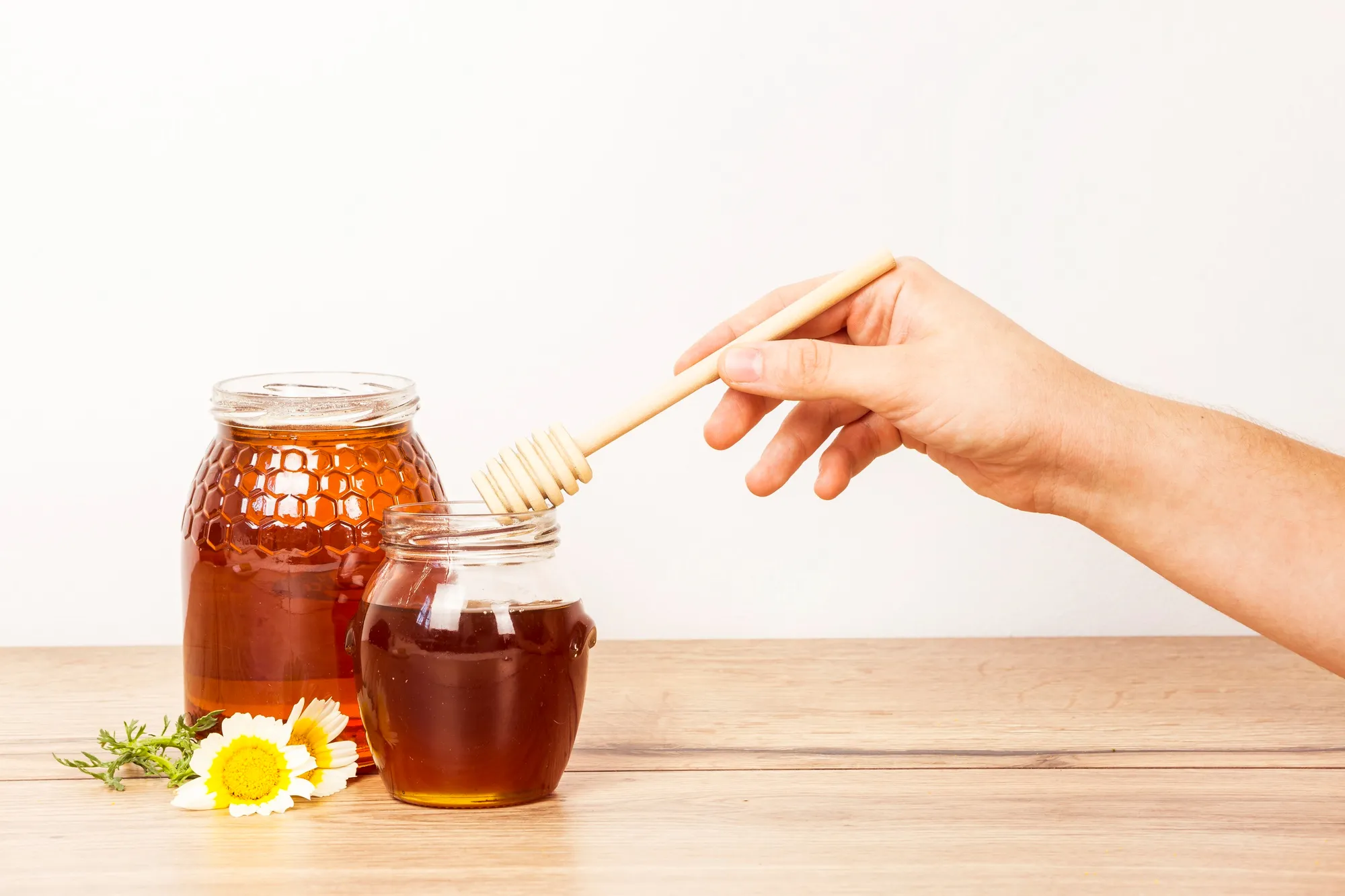Introduction
In the quest for improved gut health, consumers worldwide are turning to a range of probiotic products, and yogurt holds a special place in both the hearts and stomachs of many. Among the myriad of probiotic strains, Bifidobacterium animalis ssp. lactis (B. animalis) is renowned for its health benefits and is a common addition to yogurts. However, maintaining the viability of these beneficial bacteria through the harsh conditions of the digestive system remains a challenge. A groundbreaking study, now published in “The Journal of Nutrition”, sheds light on an unexpected ally in this battle – honey.
Yogurt and honey are not just a delightful pairing; their combination appears to be a boon for probiotic survivability during digestion. But not all honey is created equal; the study by Alvarado et al. brings to the fore the differential impacts of various honey varietals and concentrations on the survivability of B. animalis in yogurt through simulated in vitro digestion.
The Significance of the Study
This research marks a significant step forward in food science and gut health. Previous studies have established that honey can enhance the survival of bifidobacteria in vitro, yet until now, the effects of honey on probiotic survival in yogurt throughout digestion had not been explored. The study’s comprehensive analysis provides valuable insights, offering practical implications for both consumers and food manufacturers. With the knowledge that specific types and amounts of honey are beneficial, producers can formulate products that deliver maximum probiotic benefits.
Methodology
In a two-phase study, Alvarado and colleagues carefully examined the impact of different honey types and concentrations on B. animalis survivability in yogurt. Using simulated oral, gastric, and intestinal digestion models, B. animalis cells were isolated and enumerated both before and after digestion. Phase 1 of the study tested four honey varietals at a concentration of 20% weight/weight (w/w) per 170g of yogurt, while phase 2 evaluated seven dosages of clover honey, ranging from 4% to 20% w/w per 170g serving of yogurt.
Key Findings
The study yielded impressive and nuanced results:
1. B. animalis counts remained similar across all treatments after both oral and gastric digestion, showing less than a 1 Log Colony Forming Unit per gram (CFU/g) probiotic reduction.
2. After exposure to simulated intestinal fluids, yogurt augmented with clover honey exhibited higher B. animalis survivability – approximately a 3.5 Log CFU/g reduction. This figure was notably better than the control treatments, which showed around a 5.5 Log CFU/g reduction.
3. Yogurt that contained between 10 to 20% w/w of clover honey significantly increased B. animalis survivability post-simulated digestion, with up to approximately 4.7 Log CFU/g survival.
These findings clearly indicate that the addition of honey to yogurt is not just for flavor – it serves a vital function in enhancing probiotic survivability through simulated digestion.
Implications for Consumers and Producers
For consumers interested in maximizing the probiotic potential of their yogurt, aiming for a serving that includes 1 to 2 tablespoons of clover honey per 170g could significantly benefit the survival of B. animalis during digestion. Producers, on their end, may consider incorporating honey not merely as a sweetener but as a viable means to bolster probiotic effectiveness in their products.
Of course, the study isn’t without its limitations, namely the in vitro nature of the digestion simulation. While the results are promising, further research, including in vivo studies, will be necessary to confirm the benefits of honey in actual human digestive conditions.
Conflict of Interest and Research Integrity
Transparency is vital in research, and the study conducted by Alvarado et al. acknowledges a potential conflict of interest with one of the authors, Hannah Holscher, being a member of “The Journal of Nutrition” Editorial Board. Nonetheless, the rest of the authors declare no conflicts, emphasizing the research’s integrity and dedication to providing unbiased findings.
Conclusion
In conclusion, the study by Alvarado and his team offers exciting new insights into the relationship between honey, yogurt, and probiotic survivability. With the careful selection of honey varietals and appropriate dosing, it is possible to enhance the health benefits of yogurt by ensuring greater probiotic survivability through digestion. This is sweet news indeed for the nutrition science community, yogurt producers, and health-conscious consumers alike.
Keywords
1. Probiotic survivability in yogurt
2. Honey varietals impact digestion
3. Bifidobacterium animalis ssp. lactis
4. In vitro digestion of probiotics
5. Yogurt and honey health benefits
References
Alvarado, D. A., Ibarra-Sánchez, L. A., Mysonhimer, A. R., Khan T. A., Cao R., Miller, M. J., & Holscher, H. D. (2024). Honey varietals differentially impact Bifidobacterium animalis ssp. lactis survivability in yogurt through simulated in vitro digestion. The Journal of Nutrition. doi: 10.1016/j.tjnut.2024.01.010
DOI: 10.1016/j.tjnut.2024.01.010
